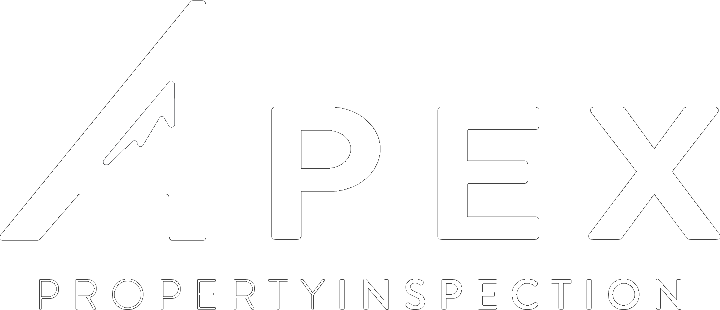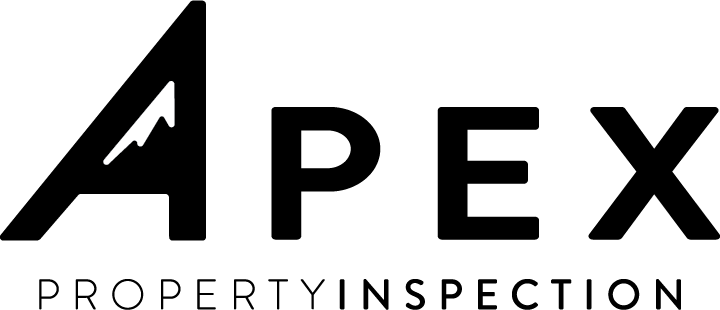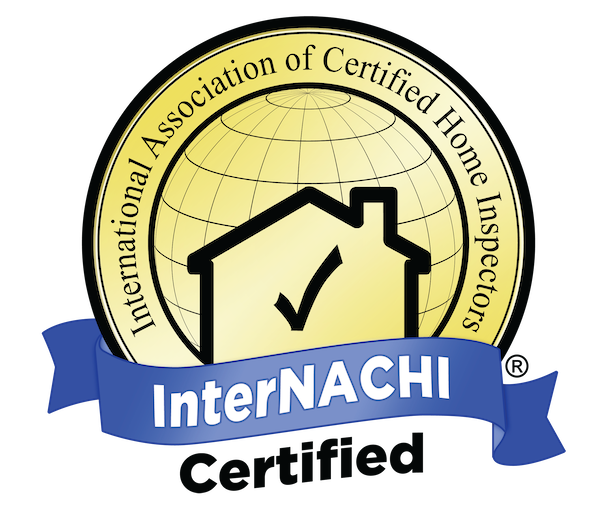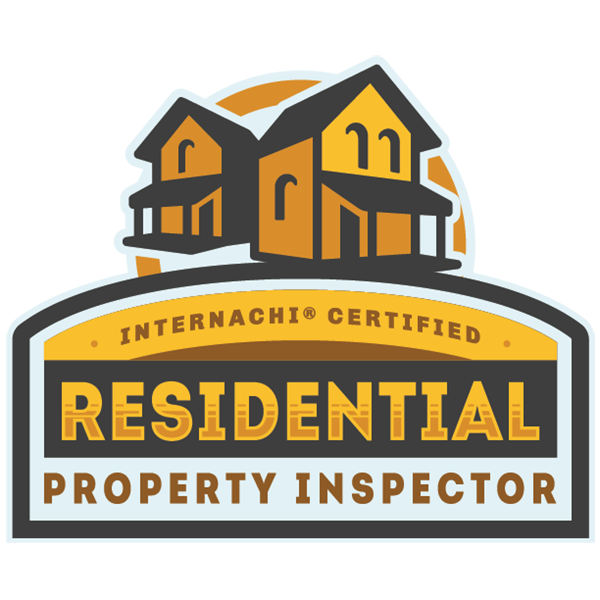Investing in Certainty: The Essential Guide to Commercial Inspections in Laramie, WY
For business owners and property investors in Laramie, Wyoming, acquiring or maintaining a commercial property represents a significant commitment. Whether you’re considering purchasing an office building, a retail space, an industrial facility, or a multi-unit apartment complex, understanding the true condition of the property is paramount. This is where a professional commercial inspection becomes not just a recommendation, but a crucial step in your due diligence process. Overlooking this vital assessment can lead to unforeseen expenses, operational disruptions, and potentially unsafe conditions down the line. This guide will delve into the importance of commercial inspections specifically within the Laramie context, outline what these inspections entail, and explain why partnering with an experienced, certified inspector is essential for protecting your investment.

What Exactly is a Commercial Inspection?
Unlike a standard home inspection, a commercial inspection evaluates properties intended for business activities or those generating income. These properties often have more complex systems, larger footprints, and different regulatory requirements than residential homes. A comprehensive commercial inspection is essentially a detailed Property Condition Assessment (PCA) designed to provide stakeholders – buyers, sellers, lenders, and owners – with a clear picture of the building’s physical state.
The scope can vary based on the property type (e.g., restaurant vs. warehouse vs. office) and the client’s specific needs, but generally involves a visual examination of the major systems and components. The goal is to identify existing defects, potential problems, and items nearing the end of their service life. This isn’t merely about finding faults; it’s about gathering objective information to make informed decisions. Think of it as a detailed health check-up for your potential or current business property.
Why Commercial Inspections are Non-Negotiable in Laramie, WY
Laramie’s unique environment and economic landscape add specific layers to the importance of commercial inspections:
- Wyoming Climate Considerations: Laramie experiences harsh winters with significant snowfall and freezing temperatures, as well as variable conditions throughout the year. These factors place considerable stress on building exteriors, roofs, foundations, and HVAC systems. An inspection can identify vulnerabilities like inadequate insulation, potential ice damming issues on roofs, freeze/thaw damage to masonry or pavement, and HVAC systems struggling to cope with extreme temperature swings. Early detection prevents costly emergency repairs during peak seasons.
- Age and Type of Building Stock: Laramie has a diverse range of commercial properties, from historic downtown buildings to newer developments. Older structures may harbor hidden issues like outdated electrical wiring, deteriorating plumbing (potentially cast iron or galvanized pipes), asbestos-containing materials, or foundation problems that have developed over decades. Newer buildings aren’t immune either; construction defects or improperly installed systems can exist. An inspection tailored to the building’s age and type is crucial.
- Investment Protection: Whether buying or leasing, a commercial property is a major financial undertaking. An inspection identifies potential capital expenditures needed in the near future (e.g., roof replacement, HVAC overhaul). This information is vital for budgeting, negotiating purchase prices or lease terms, and understanding the true cost of ownership or occupancy.
- Safety and Liability: Ensuring the safety of employees, customers, and tenants is paramount. Inspections cover critical safety aspects like fire suppression systems, emergency exits, electrical hazards, structural integrity, and potential environmental concerns (like mold or radon – significant in some Wyoming areas). Identifying and mitigating these risks protects occupants and reduces owner liability.
- Regulatory Compliance: Commercial properties must often comply with various local, state, and federal regulations, including ADA (Americans with Disabilities Act) accessibility standards. An inspection can highlight areas of non-compliance that may require modifications.
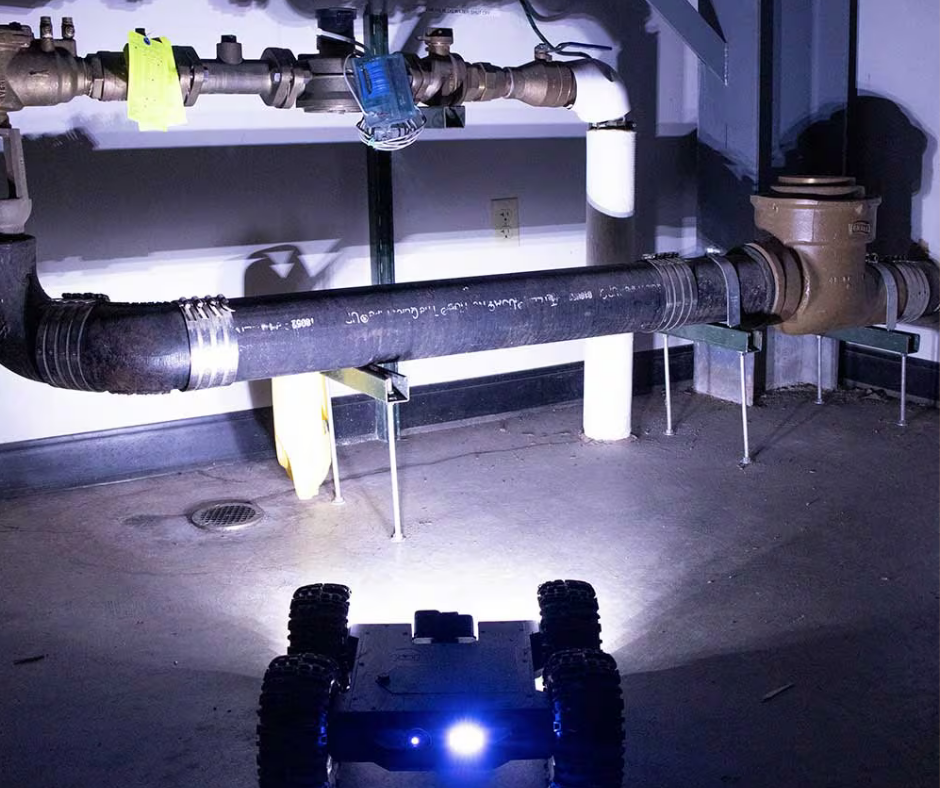
Key Components of a Thorough Commercial Inspection
Structural System:
This involves assessing the foundation, floor structure, wall structure, and roof structure. The inspector looks for signs of stress, settlement, deflection, water damage, and any compromises to the building’s load-bearing elements. In Laramie, foundation movement due to soil conditions and freeze-thaw cycles is a key concern.
Building Exterior:
The inspection covers roofing systems (condition, drainage, flashing), exterior walls (siding, masonry, EIFS), windows, doors, and adjacent surfaces like sidewalks and parking lots. Proper drainage and resistance to Laramie’s weather are critical focus points.
Roofing System:
Given the potential for heavy snow loads and ice dams, the roof inspection is vital. It includes examining the roof covering material, drainage systems (gutters, downspouts), flashings, and any penetrations (vents, skylights). The goal is to identify leaks, wear and tear, and estimate the remaining service life.
Plumbing System:
This assessment includes supply piping, drain/waste/vent piping, fixtures, and water heating equipment. Inspectors look for leaks, corrosion, inadequate water pressure, slow drains, and the condition/type of pipes used. Sewer scope inspections can be particularly valuable for identifying blockages or damage in the main sewer line exiting the building.
Heating, Ventilation, and Air Conditioning (HVAC):
The inspector evaluates the condition, operation, and age of heating and cooling units, ductwork, ventilation, and controls. Ensuring the system is appropriately sized and functioning efficiently is crucial for operational costs and occupant comfort, especially given Laramie’s temperature extremes.
Electrical System:
This covers the main electrical service, distribution panels, wiring, outlets, switches, and lighting. The focus is on safety (overloaded circuits, improper wiring, grounding issues), capacity, and the general condition of components. Older buildings may require particular attention to potential outdated or hazardous systems.
Interior Components:
Walls, ceilings, floors, doors, and finishes are examined for damage, wear, and potential issues like water stains indicating leaks.
Life Safety and Fire Protection:
Inspection of fire suppression systems (sprinklers), fire alarms, emergency lighting, and exit pathways is crucial for compliance and safety.
Accessibility:
Assessment for basic compliance with ADA requirements, such as accessible routes, restrooms, and parking, may be included depending on the scope.
Potential Environmental Concerns:
Depending on the property and client needs, inspections might extend to identifying potential asbestos-containing materials, lead-based paint, signs of mold growth (requiring further testing), or recommending radon testing, as offered by specialized inspectors.
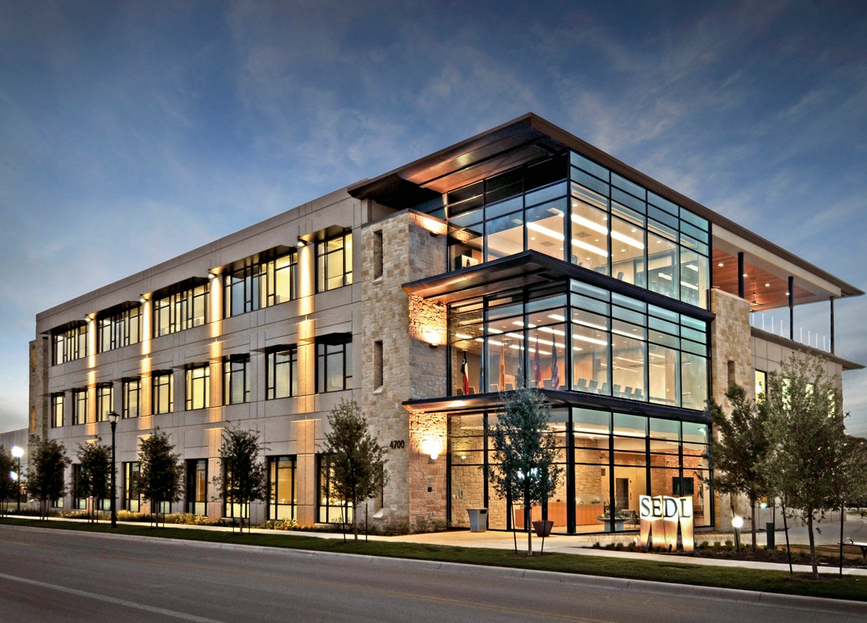
The Commercial Inspection Process: What to Expect
Engaging a commercial inspector typically follows these steps:
- Define the Scope: Discuss your specific needs, the property type, and any particular concerns you have with the inspector. This helps tailor the inspection. Reviewing standards like the InterNACHI International Standards of Practice for Inspecting Commercial Properties can provide a good baseline understanding.
- Proposal and Agreement: The inspector will provide a detailed proposal outlining the scope of work, limitations, standards followed, and the fee.
- Scheduling and Access: Coordinate with the property owner or representative to ensure the inspector has access to all necessary areas of the building and its systems.
- The Inspection: The inspector (often a team for larger properties) conducts a thorough visual examination of the property and its systems, taking notes and photos. This can take several hours or even multiple days depending on the property’s size and complexity.
- The Report: Following the inspection, you will receive a comprehensive written report detailing the findings. This Property Condition Report (PCR) typically includes descriptions of the systems, identified defects, potential concerns, recommendations, and supporting photographs. It should be clear, objective, and provide the information needed to make informed decisions.
Choosing the Right Commercial Inspector in Laramie
Not all inspectors are equipped for the complexities of commercial properties. When selecting an inspector in Laramie, consider:
- Commercial Experience: Ensure the inspector has specific experience with commercial buildings similar to the one you are evaluating. Ask about their background and the types of properties they typically inspect.
- Certifications and Training: Look for certifications from reputable organizations like InterNACHI (International Association of Certified Home Inspectors), which has specific standards and training for commercial inspections. Certification indicates adherence to professional standards and ethics.
- Local Knowledge: An inspector familiar with Laramie understands common local building practices, potential issues related to the climate and soil, and relevant local codes or concerns.
- Specialized Services: Does the inspector offer ancillary services relevant to your needs, such as thermal imaging, radon testing, mold assessment, or sewer scope inspections? Having one provider like Apex Property Inspection handle multiple aspects can streamline the process.
- Sample Reports: Ask to see a sample commercial inspection report to understand their reporting style, level of detail, and clarity.
- Insurance: Verify they carry adequate Errors and Omissions (E&O) and General Liability insurance specifically covering commercial inspections.
The Tangible Benefits of a Professional Commercial Inspection
Investing in a high-quality commercial inspection delivers significant returns:
- Informed Decision-Making: Gain a clear, unbiased understanding of the property’s condition before finalizing a purchase or lease.
- Negotiation Power: Inspection findings can be leveraged during negotiations to adjust the price or request repairs from the seller.
- Budgeting Accuracy: Identify immediate repair needs and anticipate future capital expenditures for major system replacements.
- Risk Mitigation: Uncover potential safety hazards and environmental concerns before they become major liabilities.
- Maintenance Planning: For current owners, an inspection provides a baseline for developing preventative maintenance plans.
- Peace of Mind: Knowing the true condition of the property allows you to proceed with confidence or make alternative plans.
Conclusion
A commercial inspection is an indispensable tool for anyone involved with commercial real estate in Laramie, WY. It moves beyond assumptions and provides concrete data about the physical state of a property, safeguarding your investment against costly surprises and potential hazards inherent in our unique climate and building stock. By understanding the key components evaluated and choosing an experienced, certified inspector with local knowledge, you equip yourself with the information needed for sound business decisions.
Don’t leave the condition of your Laramie commercial property to chance. Ensure you have a complete picture before you buy, sell, or lease. Contact a qualified professional like Apex Property Inspection, an InterNACHI certified company serving the Laramie area, to discuss your commercial inspection needs and invest in the certainty your business deserves.
